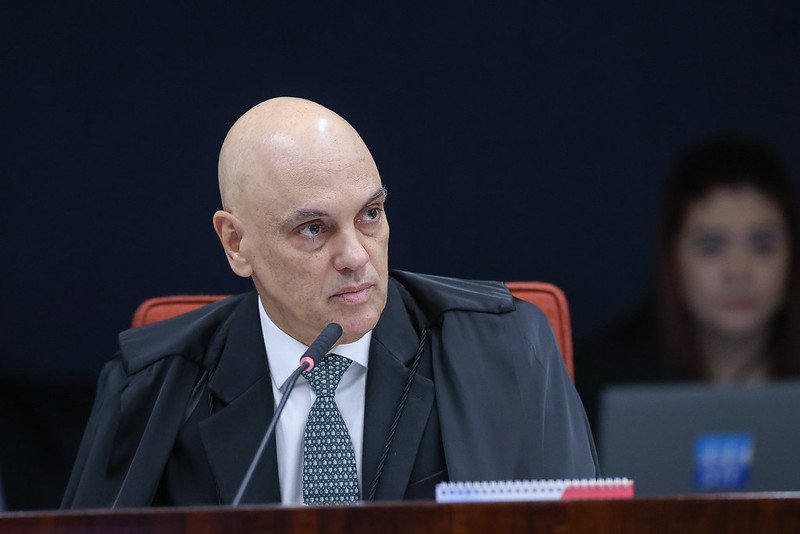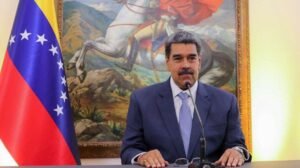
This Tuesday, September 2, 2025, the long-awaited trial of former President Jair Bolsonaro began at the Supreme Federal Court. The proceedings, which mark a decisive moment for Brazilian democracy, were opened with a powerful speech by Justice Alexandre de Moraes, the case’s rapporteur. In his opening remarks, Moraes set a solemn and historically important tone, emphasizing that Brazil is facing a crucial test for the consolidation of its democratic institutions.
Justice Alexandre de Moraes delivered a memorable speech that will echo through the corridors of Brazilian legal history. With firmness and eloquence, he defended national sovereignty by denouncing attempts at external interference in the Judiciary. Moraes was emphatic in criticizing what he called the “treacherous attitude” of the Bolsonaro family, accusing them of inciting foreign powers to coerce and threaten Supreme Court justices. The magistrate stressed that the independence of the Judiciary is a fundamental right of the citizen, warning of the dangers of allowing external forces to influence Brazilian judicial decisions.
The minister emphasized that the independence of the Judiciary is a fundamental right of the citizen, warning of the dangers of allowing external forces to influence Brazilian judicial decisions. The logic behind this defense is clear: if the country allows a foreign power to interfere to prevent the conviction of the guilty, that same power could, at another time, intimidate the Judiciary into convicting the innocent. This reflection underscores the importance of maintaining judicial autonomy as a pillar of democracy and justice.
The current geopolitical context makes the speech even more relevant. Following recent diplomatic tensions between the United States and India, where Prime Minister Modi openly challenged American pressures, it is speculated that the Trump administration may turn its attention to Brazil. The verbal aggressions by figures like Peter Navarro and other White House advisers against international partners demonstrate an increasingly belligerent stance by the American administration. However, as Alexandre de Moraes made clear, Brazil presents itself as an independent and resolute country, prepared to resist any attempt at external coercion.
The strengthening of the Brazilian economy under the Lula government offers additional support for this sovereign stance. With falling unemployment, reduced social inequality, and consistent economic growth, the country demonstrates internal stability that is reflected in the confidence of its institutions. This economic solidity not only benefits the population but also inspires confidence in the Judiciary, allowing magistrates to exercise their functions with the necessary independence to deliver justice, regardless of internal or external pressures.










